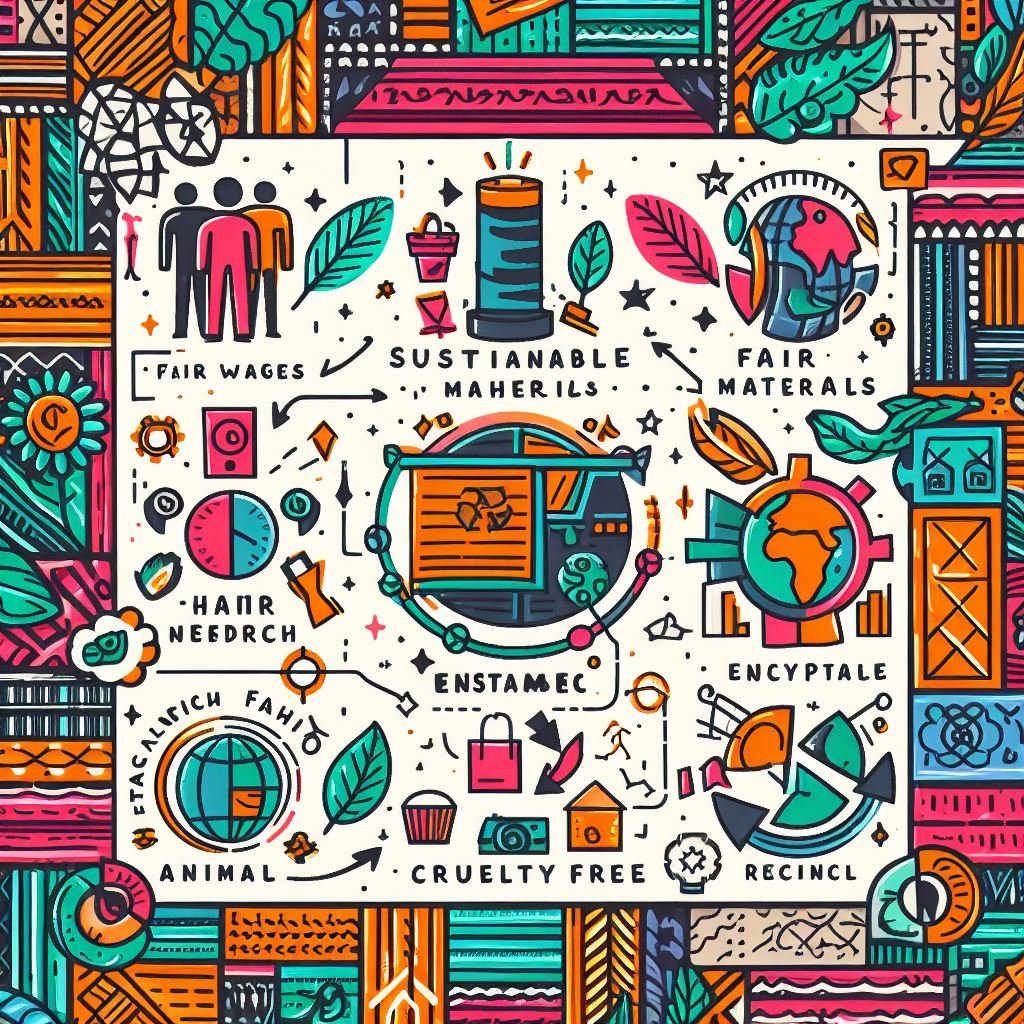Breaking Down Ethical Fashion: Principles, Brands, and Consumer Choices

Ethical fashion has emerged as a prominent movement within the fashion industry, driven by growing awareness of social and environmental issues.
On this article The Vendoors would explore into the multifaceted world of continue fashion, exploring its guiding principles, highlighting ethical brands leading the charge, and discussing the role of consumer choices in shaping the future of fashion, here’s some important points.
1. Understanding Ethical Fashion Principles

Sustainability is rooted in principles that prioritize social responsibility, environmental sustainability, and transparency throughout the supply chain. These principles encompass fair labor practices, which ensure that workers are treated ethically and paid fair wages, as well as environmental stewardship, which involves minimizing the environmental impact of production processes and materials. Additionally, ethical principles emphasize transparency, requiring brands to disclose information about their sourcing, manufacturing, and labor practices to consumers.
2. Leading Ethical Fashion Brands

Sustainability brands play a pivotal role in driving positive change within the industry. These brands adhere to ethical principles in their operations, sourcing, and production processes. Many brands prioritize sustainable materials, such as organic cotton, recycled fibers, and eco-friendly dyes, and employ ethical manufacturing practices, such as fair wages, safe working conditions, and support for artisan communities.
By championing ethical and sustainable fashion, these brands inspire consumers to make more conscious purchasing decisions and advocate for greater transparency and accountability within the industry.
3. The Impact of Consumer Choices

Consumer choices play a crucial role in driving demand and influencing industry practices. By choosing to support brands and prioritize sustainability, consumers can drive positive change throughout the fashion supply chain. Whether it’s opting for clothing made from sustainable materials, supporting brands with transparent and sustainability practices, or advocating for fair labor standards, consumers have the power to shape the future of fashion through their purchasing decisions.
Moreover, as consumer awareness of fashion continues to grow, brands are increasingly responding to this demand by incorporating ethical and sustainable practices into their business models.
Ethical fashion is a dynamic and evolving movement that encompasses a range of principles, brands, and consumer choices.
By understanding the principles of ethical , supporting fashion brands, and making conscious consumer choices, individuals can contribute to a more sustainable, equitable, and transparent fashion industry. As sustainability continues to gain momentum, it has the potential to reshape the way we think about and engage with fashion, fostering a more responsible and compassionate approach to clothing consumption, and as the ethical and sustainability factory The Vendoors commited for an continuity practices.



